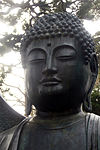A kōan is a story, dialogue, question, or statement from Chinese Chan Buddhist lore, supplemented with commentaries, that is used in Zen Buddhist practice in different ways. The main goal of kōan practice in Zen is to achieve kenshō, to see or observe one's buddha-nature.
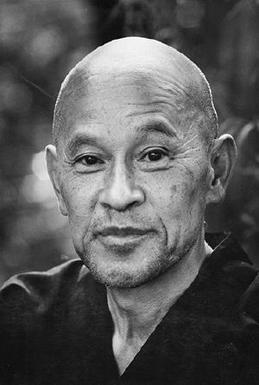
Shunryu Suzuki was a Sōtō Zen monk and teacher who helped popularize Zen Buddhism in the United States, and is renowned for founding the first Zen Buddhist monastery outside Asia. Suzuki founded San Francisco Zen Center which, along with its affiliate temples, comprises one of the most influential Zen organizations in the United States. A book of his teachings, Zen Mind, Beginner's Mind, is one of the most popular books on Zen and Buddhism in the West.
Cheri Huber is an American meditation teacher in the Sōtō School of Zen Buddhism tradition.

The term American Buddhism can be used to describe all Buddhist groups within the United States, including Asian-American Buddhists born into the faith, who comprise the largest percentage of Buddhists in the country.

Hakuyū Taizan Maezumi was a Japanese Sōtō Zen Buddhist priest who substantially contributed to development of Zen in the USA.

Japanese Zen refers to the Japanese forms of Zen Buddhism, an originally Chinese Mahāyāna school of Buddhism that strongly emphasizes dhyāna, the meditative training of awareness and equanimity. This practice, according to Zen proponents, gives insight into one's true nature, or the emptiness of inherent existence, which opens the way to a liberated way of living.
Gil Fronsdal is a Norwegian-born, American Buddhist teacher, writer and scholar based in Redwood City, California. He has been practicing Buddhism of the Sōtō Zen and Vipassanā sects since 1975, and is currently teaching the practice of Buddhism in the San Francisco Bay Area. Having been taught by the Vipassanā practitioner Jack Kornfield, Fronsdal is part of the Vipassanā teachers' collective at Spirit Rock Meditation Center. He was ordained as a Sōtō Zen priest at the San Francisco Zen Center in 1982, and was a Theravāda monk in Burma in 1985. In 1995, he received Dharma transmission from Mel Weitsman, the abbot of the Berkeley Zen Center.
Charlotte Joko Beck was an American Zen teacher and the author of the books Everyday Zen: Love and Work and Nothing Special: Living Zen.
The Ordinary Mind Zen School is a network of independent Zen centers established by Charlotte Joko Beck and her Dharma Successors in 1995.

Toni Packer was a teacher of “meditative inquiry”, and the founder of Springwater Center. Packer was a former student in the Sanbo Kyodan lineage of Zen Buddhism, and was previously in line to be the successor of Phillip Kapleau at the Rochester Zen Center.

Adyashanti is an American former spiritual teacher and author from the San Francisco Bay Area who offered talks, online study courses, and retreats in the United States and abroad. He is the author of numerous books, CDs and DVDs and, together with his wife Mukti, is the founder of Open Gate Sangha, Inc., a nonprofit organization established in 1996 which supports and makes available his teachings.
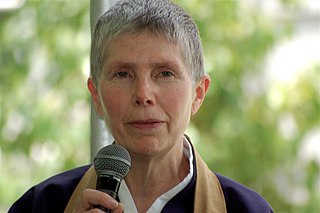
Jan Chozen Bays, is a Zen teacher, author, mindful eating educator, and pediatrician specializing in work with abused children.

Kōbun Otogawa was an American Sōtō Zen priest.
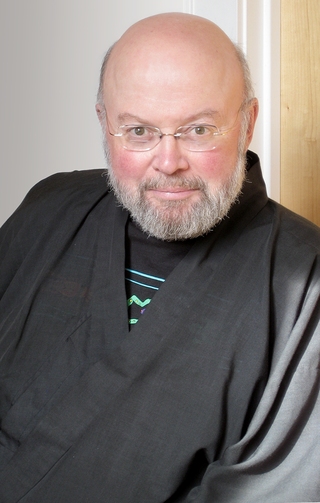
Stephen Tokan "Steve" Hagen, Rōshi, is the founder and former head teacher of the Dharma Field Zen Center in Minneapolis, Minnesota, and a Dharma heir of Dainin Katagiri-roshi. Additionally, he is the author of several books on Buddhism. Among them as of 2003, Buddhism Plain & Simple was one of the top five bestselling Buddhism books in the United States. In 2012, Hagen updated and revised How the World Can Be the Way It Is and published it as Why the World Doesn't Seem to Make Sense—an Inquiry into Science, Philosophy, and Perception.
Below is a timeline of important events regarding Zen Buddhism in the United States. Dates with "?" are approximate.
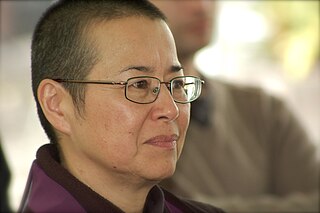
Wendy Egyoku Nakao Rōshi is the abbot emeritus and head teacher of the Zen Center of Los Angeles. She moved into the center in 1978 and later received Dharma transmission and inka from Bernard Glassman. She assumed her abbotship in 1999. According to James Ishmael Ford, "Under her leadership, the center expanded its mission to be family-friendly and socially active, creating an important experiment in the development of Western Zen." Nakao also conferred Dharma transmission to the first ever African-American woman, Merle Kodo Boyd. Nakao is a member of the American Zen Teachers Association. In May 2019 Egyoku Nakao stepped down as abbot, but remains its head teacher, to devote herself to further developing ZCLA's teaching curriculum. She at that time installed Deborah Faith-Mind Thoresen as the ZCLA's fourth abbot. Her book of modern koans, co-written with rōshi Eve Marko, was published in 2020.
The Pacific Zen Institute (PZI), is a Zen Buddhist school centered in Santa Rosa, California, with affiliates in Oakland, San Mateo, Santa Barbara, and Waco, Kentucky. Its students live and practice throughout North America, South America, and Asia. Established in 1999, Pacific Zen's stated mission is to "create a culture of transformation through meditation, koans, conversation, and the arts." Its founding director, John Tarrant, was the first dharma heir to Robert Baker Aitken, in the line of the Sanbo Kyodan school of koan Zen.

Jisho Warner is a Sōtō Zen priest and abiding teacher of Stone Creek Zen Center in Sonoma County, California. Warner is a former president of the Soto Zen Buddhist Association, and its first female and first LGBTQ president. Having graduated from Harvard University in 1965, she became an artist and freelance editor. She has edited books by Robert Thurman, Ed Brown, Wendy Johnson, Jane Hirshfield, Dainin Katagiri, and many others. She is a co-editor of the book Opening the Hand of Thought by Kosho Uchiyama, whose teachings she first encountered in the 1980s while practicing at the Pioneer Valley Zendo in Massachusetts under Koshi Ichida.
The Zen Peacemakers is a diverse network of socially engaged Buddhists, currently including the formal structures of the Zen Peacemakers International, the Zen Peacemaker Order and the Zen Peacemaker Circles, many affiliated individuals and groups, and communities formed by Dharma Successors of Roshi Bernie Glassman. It was founded by Bernie Glassman and his second wife Sandra Jishu Holmes in 1996, as a means of continuing the work begun with the Greyston Foundation in 1980 of expanding Zen practice into larger spheres of influence such as social services, business and ecology but with a greater emphasis on peace work. Eve Marko, Bernie Glassman's third wife, is a founding teacher of the Zen Peacemaker Order. Zen Peacemakers have developed from the White Plum Asanga lineage of Taizan Maezumi.
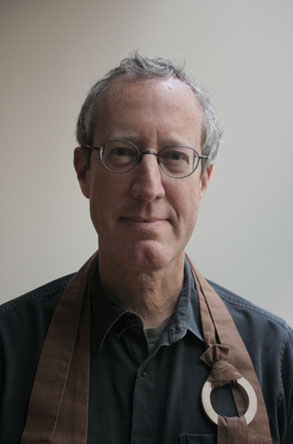
Barry Magid is a psychoanalyst and Zen teacher whose life and work have been on the forefront of a movement to integrate Western psychology with Eastern spiritual practices. He teaches at the Ordinary Mind Zendo in New York City. OMZ is part of the Ordinary Mind Zen School, a network of independent Zen centers established by Charlotte Joko Beck and her Dharma Successors in 1995.

